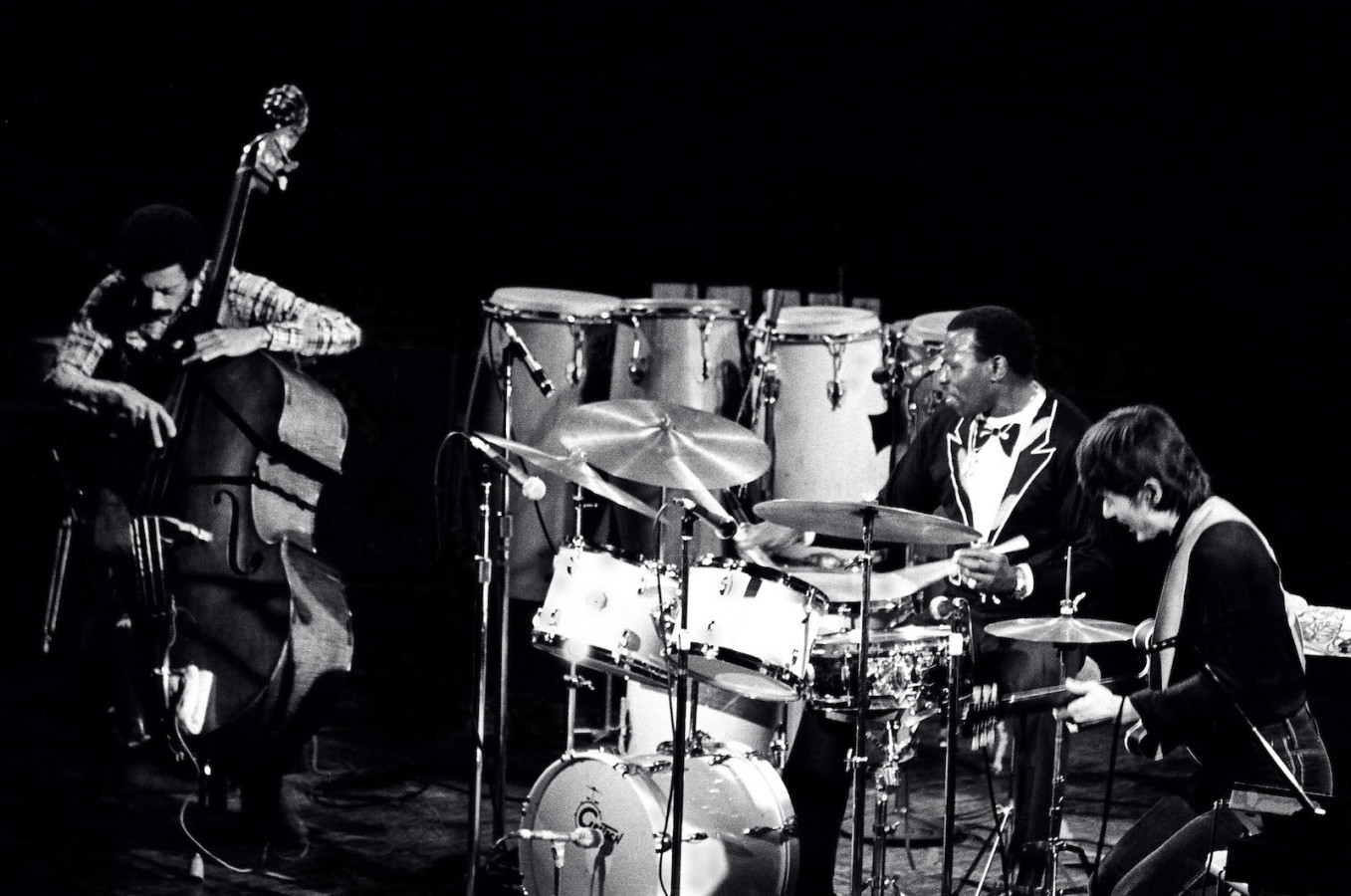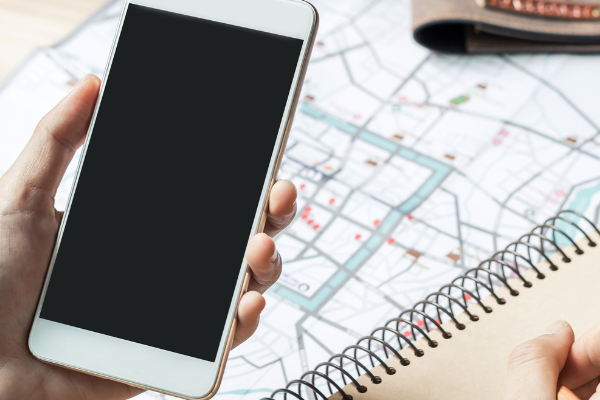Whenever you are starting a project, it is important to set goals. If you are starting out with a language, your goal will probably be fluency.
So, how long does it take to learn a language to fluency?
Asking yourself these five questions will help you get a rough idea:
1. What is fluency to you?
Fluency is a slippery concept, and people hold themselves to different standards. For example, it takes much less effort to become conversational in a language than to reach the level where you could comfortably work.
You may have heard that the 300 most common words in any language make up more than half of all conversation, but understanding just over half of an average conversation surely doesn’t count as fluent.
A useful definition might be “beyond conversational but not necessarily native-level”.
2. Which languages can you already speak?
If the language you are learning has plenty of cognates (shared words) and grammar in common with a language you already know, the learning process should be much faster.
Even if you have studied unrelated languages, you have an advantage.
On the other hand, if you need to learn a new writing system, you will need more time.
3. Which language are you learning?

Different languages present different challenges. ESL’s Head of Products Krister Weidenhielm compares it to learning to play instruments: “some languages are like the drums, where you can get started quickly with some sounds, but then at higher levels, complex rhythms will require lots of practice; some languages are like the trombone, where you will need more time in the beginning to get the basic sounds out but then, after assimilating the system, it gets easier to play as you practice.”
4. How are you learning?
Tapping away at an app on your smartphone for five minutes while waiting for a bus is not the same as studying a language in immersion, with expert tuition.

If you are studying abroad, reverting to your native language the moment you leave the classroom and spending all evening on social media is not the same as getting out there and using the language with locals.
This boils down to…
5. How dedicated are you?
If you focus you will learn faster. Putting yourself in the right environment will help you do this.
Why environment matters
Whatever technique you choose, practice and relevance are two of the keys to success. Studying in immersion is one way to ensure that the language you are learning becomes directly relevant in your everyday life.
The people you spend your time with, and the things you want to express, make a big difference to how you remember things. For example, having a romantic relationship in a foreign language gives you a powerful motivation to learn and big rewards for success. You might be surprised at the progress you make when the language becomes a means, rather than an end in itself.
Why time matters
Your brain needs time to process new knowledge and will continue to digest the information long after you finish studying. When you learn, you go through a receptive stage, where you are taking in new information; a digestive stage, where the information settles; and an expressive stage where you can recall and use your new knowledge. This whole process takes time.
The beautiful thing when you learn a language abroad is that you combine the time spent learning with a once in a lifetime experience. Language study can help give some structure to a long-term travel experience, while putting you in contact with lots of people who are also learning and travelling.

The good news for beginners is that you will make much more noticeable progress in the earlier stages of learning. The difference between understanding 0% of what you hear and 50% of what you hear is much greater than the difference between understanding 50% and 100%. Meanwhile the time needed to achieve that first 50% is significantly shorter.
You can check your languages skills here.
Bear in mind that your speaking, listening, reading and writing skills will not necessarily develop evenly – especially if you go down the self-study path. A big benefit of a structured language course is that you will work on all four skills.
You decide how fast you become fluent
The major factor in how quickly you can learn a language to fluency is… you. But if you think “oh, I’m bad at languages”, your self-perception may well be holding you back. You need to find a technique and environment that work for you.
One thing is certain: the sooner you start, the sooner you will become fluent.
Have you learnt a language to fluency? Share your experience!
Images: Tom Marcello (CC BY-SA 2.0), Shutterstock



What do you think?